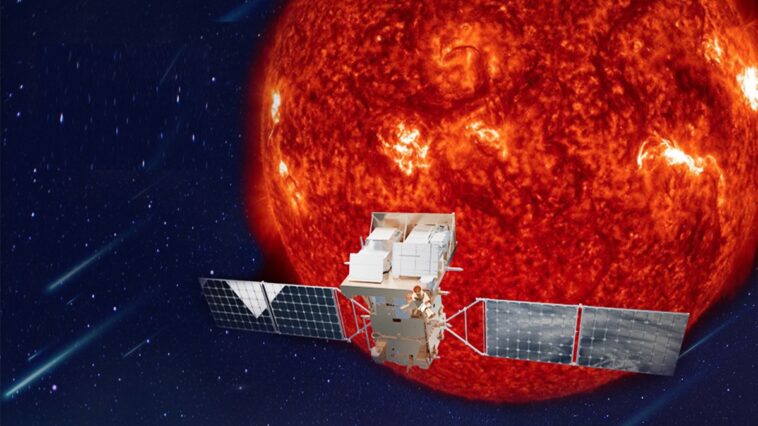The Indian Space Research Organisation (ISRO) has successive missions planned for extraterrestrial exploration, with the Aditya-L1 mission to investigate the Sun being the most recent to launch. This mission’s payload will transmit information about the brightest star in the solar system from a distance of approximately 1.5 million kilometers from Earth.
A solid communication infrastructure is essential for receiving data from the cargo in a timely manner. Here, the European Space Agency (ESA) performs a crucial role by providing deep space communication services. It assures not only the receipt of scientific data from a great distance, but also the location and status of the spacecraft.
“All three of our 35-meter deep space antennas in Australia, Spain, and Argentina are supporting the Aditya-L1 mission,” said Ramesh Chellathurai, ESA service manager. Along with this, the foreign space agency is also supplying additional support from its stations in French Guiana and UK.
ISRO and ESA will continue to collaborate for the duration of the Aditya-L1 mission, which will span two years of routine operations.
ESA is also responsible for validating a software developed by ISRO to ascertain the precise location of the spacecraft. The process known as orbit determination will be used to determine the position of the spacecraft.
How will the payload be injected into the Lagrangian point?
Lagrangian Point was named after its discoverer, the French mathematician Louis Lagrange; L1 is one of five such points located between the Earth and the Sun.
Aditiya-L1 will travel to one of the ‘unstable’ Lagrangian points over the course of 125 days by conducting transfer maneuvers.
ALSO READ :Pakistani politician hails Chandrayaan-3 after criticising 2.
How long ISRO, ESA have been working together?
ISRO and ESA joined forces in 2022 and have been collaborating intensively to evaluate Aditya-L1 mission operations and software development.





